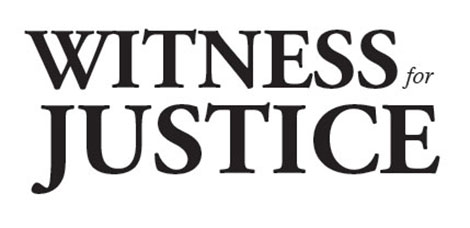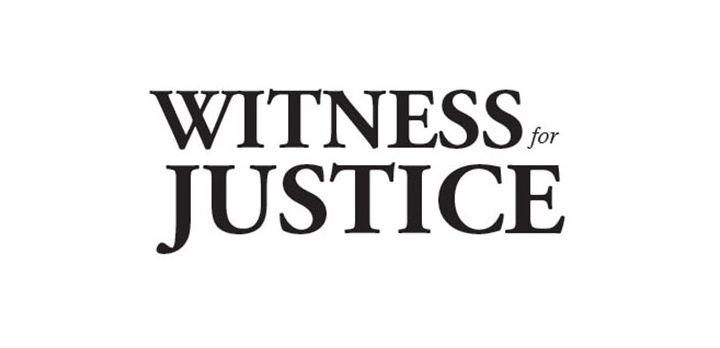Commentary: Guided By My Grandmother’s Wisdom: Faith and Reproductive Justice
 My grandmother taught me how to be a Christian, and told me about marching for abortion rights prior to Roe v. Wade. She shared stories with me about how her advocacy for women’s rights connected to her faith. She reached into her charismatic roots and pulled out the Jesus and Justice for which her faith and feminism had room.
My grandmother taught me how to be a Christian, and told me about marching for abortion rights prior to Roe v. Wade. She shared stories with me about how her advocacy for women’s rights connected to her faith. She reached into her charismatic roots and pulled out the Jesus and Justice for which her faith and feminism had room.
Access to abortion is an issue divided by so many polarities. Stigma and the barriers between women and providers are making it harder and harder for women to access the information and care they need to make decisions that impact the whole of their lives. The United Church of Christ has been an advocate for women’s rights and access to choice regarding abortion since before Roe v. Wade, with our first theological resolution in 1971. And as the conversation continues to evolve through feminism from a matter of access to care, to one of reproductive justice, the UCC has continued to affirm the need for choice in this climate of restrictions, powerfully proclaiming at our 17th General Synod: We deplore the willingness of many legislators, at all levels, to restrict the access of poor women to safe, comprehensive reproductive health care with a full range of options.
So when a local abortion provider in Cleveland, Preterm, asked me to serve on the board, I couldn’t help but hold gratitude both for my grandmother and the church that has called me into faith and leadership. Preterm asked me to bring a faith perspective into their work, because often the only experience their patients and staff have with people of faith is through encounters with protestors who stand outside with signs telling them that God hates them.
There are many reasons that people seek out abortion care. Some patients are forced to make choices based on systems of oppression that do not give them the resources they need start or grow their family as they are called, while others choose to remain child-free. Still others are survivors of trauma who do not want a living reminder of that trauma. Regardless of their circumstance, they must walk past signs that say that God hates them.
I believe there is nothing more aghast to the God (who demands that we always seek to serve those who are on the margins) than telling people in the midst of what can be one of the most difficult decisions of their life, that they are worthless. I believe God wants the choice of women to be informed by their faith, but also free of the structural circumstances that limit women’s spectrum of choice, be they lack of fair wages, affordable housing, healthcare, a healthy environment or a safe community in which to raise a child.
Like my grandmother and the women who have come before, I continue to ask: how can I continue to advocate for my faith and for access to abortion? Access to abortion is only part of reproductive justice. Alongside the women of color who have been on the forefront of this holistic work from its conception, alongside the feminists who have fought to establish and maintain clinics like Preterm, and alongside those of us who seek to connect to intersectional movements of oppression in all the work we do; God is pushing us into action, for the sake of bringing about the kin-dom on earth.
Rev. Chris Davies is Program Manager forCongregational Assessment, Support and Advancement of the United Church of Christ.
View this and other columns on the UCC’s Witness for Justice page.
Donate to support Witness for Justice.
Click here to download the bulletin insert.
Related News
The Spiritual Side of Restorative Justice
In my formative years when, among other things, I was exploring my still-young Christian...
Read MoreStrategic and Faithful Disconnection
In the months leading up to the last national election, I spent countless hours doing voter...
Read MoreConsent Education is Suicide Prevention
“Consent Education is Suicide Prevention” read the sign the woman held. This resonates...
Read More

